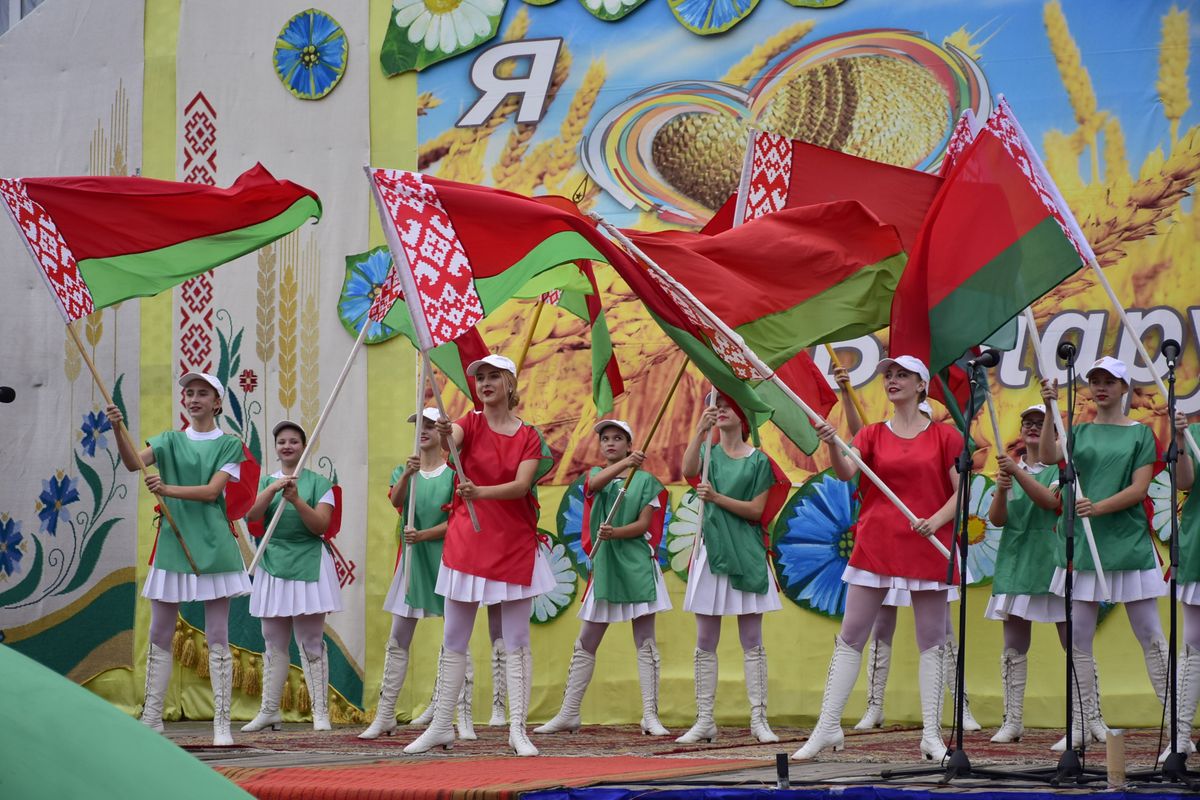The election campaign in Belarus begins with the mobilisation
 The situation has not changed
The situation has not changed

By precipitating a conflict with the Kremlin, Alexander Lukashenka has set the strategic approach to the upcoming election campaign: through mobilisation. The mobilisation of elites and the population would ensure popular support without additional costs.
Previous economic policy trends aimed at further cuts in support for the public sector and growth in tariffs for the population amid the lack of wage growth and curtailed social support, appear to have predetermined the mobilization approach in the election campaign, which envisages some sacrifices in order to oppose the ‘takeover’. Following the “Medvedev’s ultimatum” put forward in late 2018 in Brest, President Lukashenka at any occasion reiterated the need to mobilise society for the protection of Belarus’ independence and promoted himself as its major guarantor.
In early 2019 the state further gradually reduced the support for the public sector, including through partially reducing tax abatement and continued to simplify business rules (a decree on special business conditions in the Orsha district).
Simultaneously, the updated edition of the decree on social dependents enabled to raise utility tariffs for the entire population. The enforcement of the decree on social dependents has demonstrated that the local authorities did not exclude anyone from the previous database – some 500,000 people – and shifted the burden of proof of their involvement in the economy onto ‘social parasites’. Such an approach is likely to create social tension in the future and is likely to be revised closer to the election date.
The loyalty of elites is a particularly important factor in the mobilization for the election campaign. It is likely to be ensured through the usual means, such as the anti-corruption campaign – as a stick – and a promise of institutional strengthening of elites after the elections – as a carrot. As during the previous election campaign, the authorities reiterated talks about amending the law on political parties, implying the strengthening of the ‘Belaya Rus’ quango.
Finally, the authorities’ efforts to enhance self-censorship in the independent media have yielded some results. The file case against the editor-in-chief at TUT.BY, the largest Belarusian news portal, Marina Zolotova, was taken to the court (the so-called BelTA case). That said, from the start of the BelTA case (or even earlier) TUT.BY stopped mentioning the opposition altogether.
Subscribe to our newsletter




Situation in Belarus
Constitutional referendum: main consequences


 Video
Video
How to count the political prisoners: are the new criteria needed?


 Video
Video
Paternalism In Decline, Belarusian Euroscepticism, And The Influence Of Russia


 Video
Video












